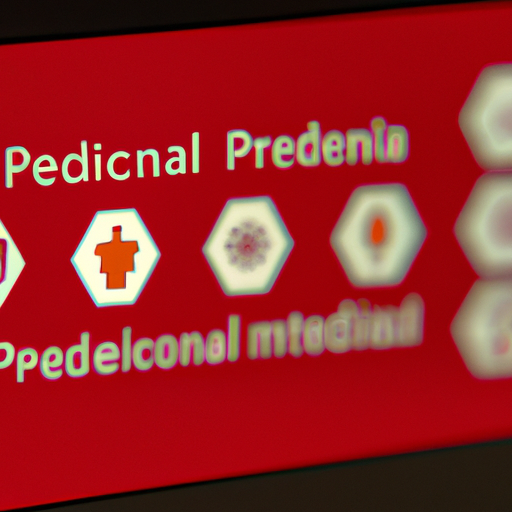In recent years, personalized medicine technology has emerged as a beacon of hope for patients and healthcare providers alike. This innovative approach tailors medical treatment to the individual characteristics of each patient, significantly enhancing the efficacy of therapies. With advancements in genomics and biotechnology, the healthcare industry is transforming, making personalized medicine a central focus.
Understanding Personalized Medicine
Personalized medicine, also known as precision medicine or genomic medicine, involves using genetic, environmental, and lifestyle factors to customize treatment plans. By examining an individual’s unique genetic makeup, physicians can identify the most effective treatment strategies, resulting in better patient outcomes. This shift from a one-size-fits-all approach to a more individualized strategy is revolutionizing the way healthcare is delivered.
How Does Personalized Medicine Technology Work?
The application of healthcare technology in personalized medicine involves several key components:
- Genetic Testing: Patients undergo genetic testing to identify specific mutations or biomarkers that could influence their response to treatment.
- Data Analytics: Advanced algorithms analyze vast amounts of data from various sources to identify patterns and predict treatment responses.
- Biotechnology: Innovative therapies, such as targeted drugs and advanced biologics, are designed to interact specifically with the genetic factors identified in the patient.
Benefits of Personalized Medicine
Implementing personalized medicine technology in healthcare offers numerous advantages:
- Enhanced Treatment Efficacy: Treatments are tailored to individuals, which can lead to higher success rates.
- Reduced Side Effects: By targeting therapies based on genetic profiles, patients may experience fewer adverse reactions.
- Cost-Effective Alternatives: Personalized approaches can decrease the trial-and-error method of treatment, saving time and resources for both patients and healthcare systems.
Challenges and Considerations
While personalized medicine holds great promise, there are challenges to consider:
- Cost of Implementation: Advanced genetic testing and data analytics can be expensive, potentially limiting access for some patients.
- Ethical Concerns: Handling genetic information raises privacy and ethical issues that need careful consideration.
- Regulatory Hurdles: The integration of personalized medicine into standard healthcare practices requires navigating complex regulatory landscapes.
The Future of Personalized Medicine Technology
The future of healthcare technology relies heavily on the ongoing development of personalized medicine. As research continues to evolve, we can expect to see advancement in genetic testing techniques, improved data analytics, and more innovative therapies. The potential applications of personalized medicine extend beyond oncology, impacting areas such as cardiology, neurology, and infectious diseases.
In conclusion, personalized medicine technology embodies the future of healthcare, promising a more tailored and effective approach to treatment. As we continue to embrace these advancements, the ultimate goal remains the same: to enhance patient outcomes and improve quality of life.




